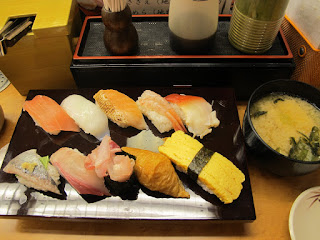My pu is bigger than your pu.
I was browsing the internet when I chanced upon this site that actually complied quotations about tea. There was no author I could credit to this collection. I found it pretty amusing reading these tea quotes and I have selected a few quotes for my readers from this nifty website. Do check this site out (and there are many similar sites on the net as well).
http://www.quotegarden.com/tea.html
1. Each cup of tea represents an imaginary voyage. ~Catherine Douzel
2. A true warrior, like tea, shows his strength in hot water. ~Chinese Proverb
3. Perhaps it is while drinking tea that I most of all enjoy the sense of leisure. ~George Gissing, The Private Papers of Henry Ryecroft, 1903
4. I know very well that I am in a minority here. But still, how can you call yourself a true tea-lover if you destroy the flavour of your tea by putting sugar in it? It would be equally reasonable to put pepper or salt. Tea is meant to be bitter, just as beer is meant to be bitter. If you sweeten it, you are no longer tasting the tea, you are merely tasting the sugar; you could make a very similar drink by dissolving sugar in plain hot water. ~George Orwell, "A Nice Cup of Tea," Evening Standard, 12 January 1946






















